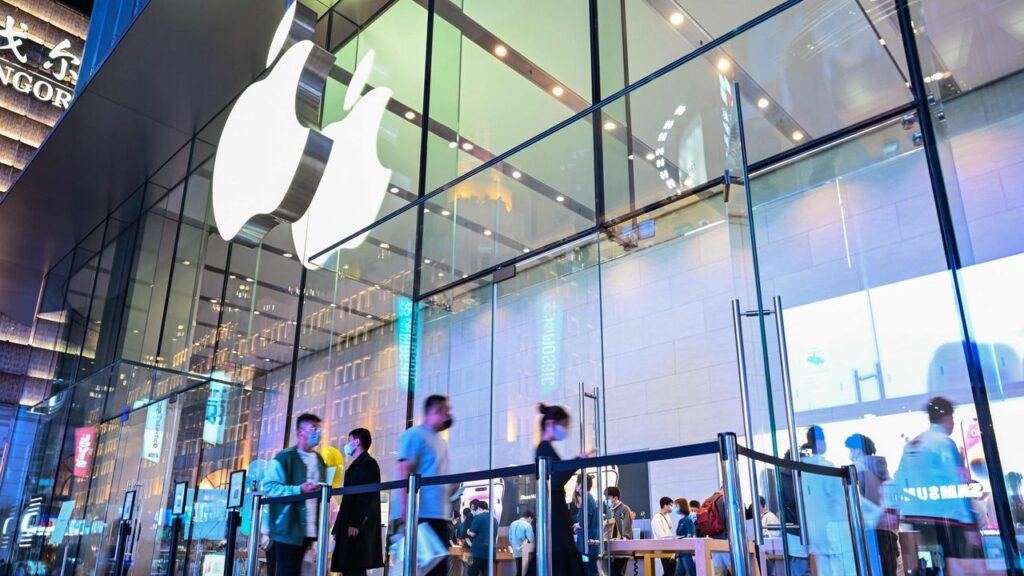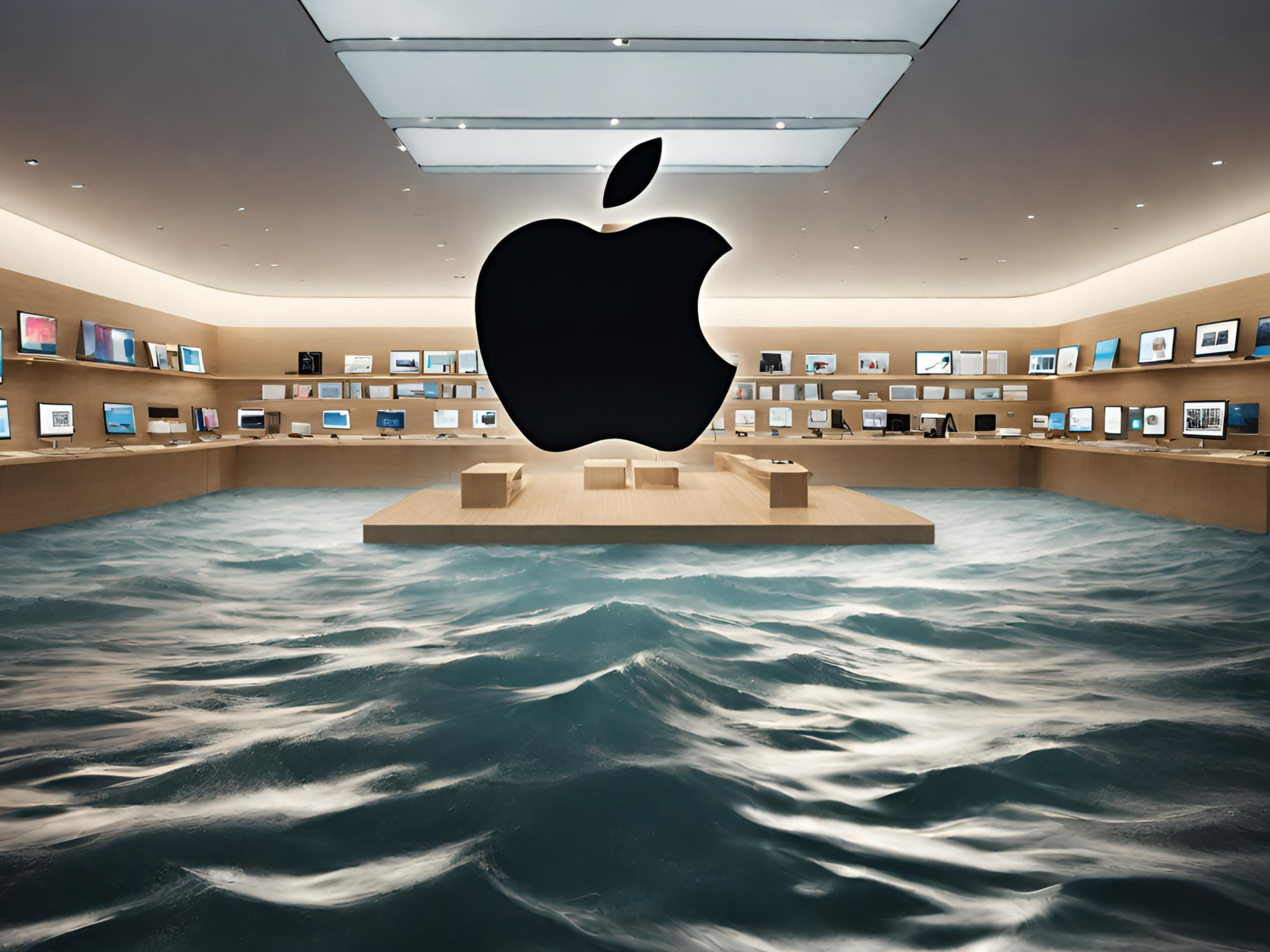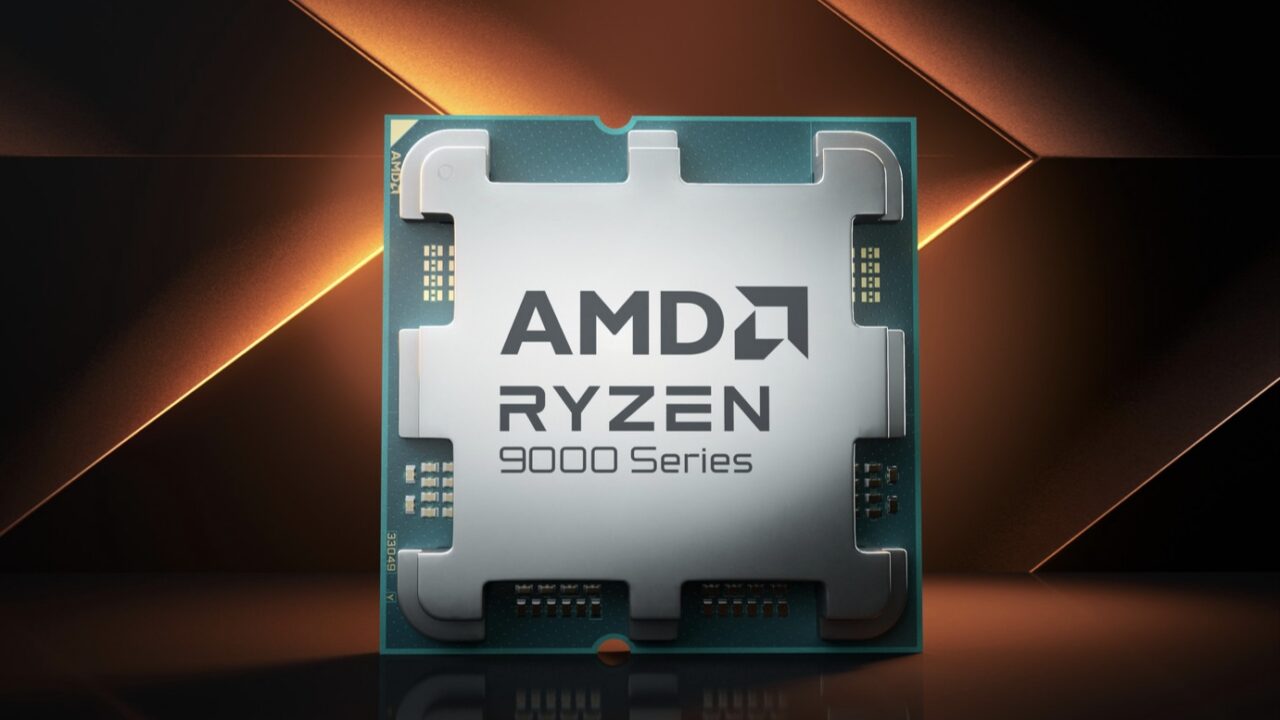
Foxconn, a key Apple supplier, earned a D-plus grade for its decarbonization endeavors in 2022, marking the second-lowest rating among all ranked final assembly companies, as revealed in a Greenpeace report on Tuesday.
The Taiwanese firm trailed behind Luxshare Precision, another Apple supplier, which secured the highest grade in the final assembly category with a C-plus. Foxconn also fell behind Pegatron in Taiwan but outperformed China’s Goertek, receiving a failing grade of F.
This comprehensive report evaluated the decarbonization efforts of major players across the supply chain for the world’s leading consumer electronics brands. These companies encompass chipmakers, display manufacturers, and final assembly contractors, providing goods to tech giants like Apple, Samsung, Google, and Microsoft.
Greenpeace’s report comes days ahead of the upcoming COP28 climate summit. COP28 President Ahmed Al Jaber has urged governments to triple renewable energy capacity by 2030 as part of efforts to stop global warming exceeding 1.5 degrees Celsius. 2030 is seen as a crucial timeline that companies need to follow to keep the 1.5 degrees Celsius goal within reach. Greenpeace says this must be achieved through high-impact sourcing methods such as power purchase agreements and direct investment in renewable energy.
In recent years, carbon emissions from the consumer technology supply chain have ballooned, alongside the rapid growth of the consumer electronics market. The semiconductor industry, which makes chips that power phones, laptops and other devices, is estimated to emit 86 million tons of carbon dioxide equivalents in 2030, according to Greenpeace.
Greenpeace says a majority of carbon emissions in the electronics industry originate from the electronics supply chain particularly electricity sourcing for manufacturing of components and devices. To achieve carbon neutrality, it’s crucial for suppliers in big tech’s extensive supply chain to adopt clean energy practices while creating and shipping parts, according to the nonprofit.
Foxconn received a low grade for a number of reasons. The Taiwanese company reported the highest emissions and electricity consumption in the final assembly category of the ranking. In 2022, the company’s emissions exceeded the annual emissions of Iceland, according to Greenpeace. Last year, Foxconn also made little progress on emissions reduction and renewable electricity adoption compared to its rival, Luxshare Precision, the report said. The latter, which is reported to assemble higher-end iPhones, received the highest rank among final assembly companies with a C-plus grade.
Apple has long been keen to promote itself as an environmentally conscious company, and is considered by some to be the leader of the consumer technology pack. This fall it unveiled its first carbon-neutral product, the Apple Watch 9, which it promoted in a polished video skit featuring CEO Tim Cook and Mother Nature, played by Oscar-winning actor Octavia Spencer. In addition to that, Apple made a slew of seemingly green moves ranging from ending the use of leather across its product lines and introducing FineWoven, a new textile made from what Apple says is 68% post-consumer recycled content.
“Brands like Apple and Microsoft should not promote their products as ‘green,’ when their supply chains are still powered by coal and gas,” said Wu. “It is absolutely feasible for every supplier in this ranking to achieve 100% renewable energy within the decade, but the first step is setting ambitious targets.”




